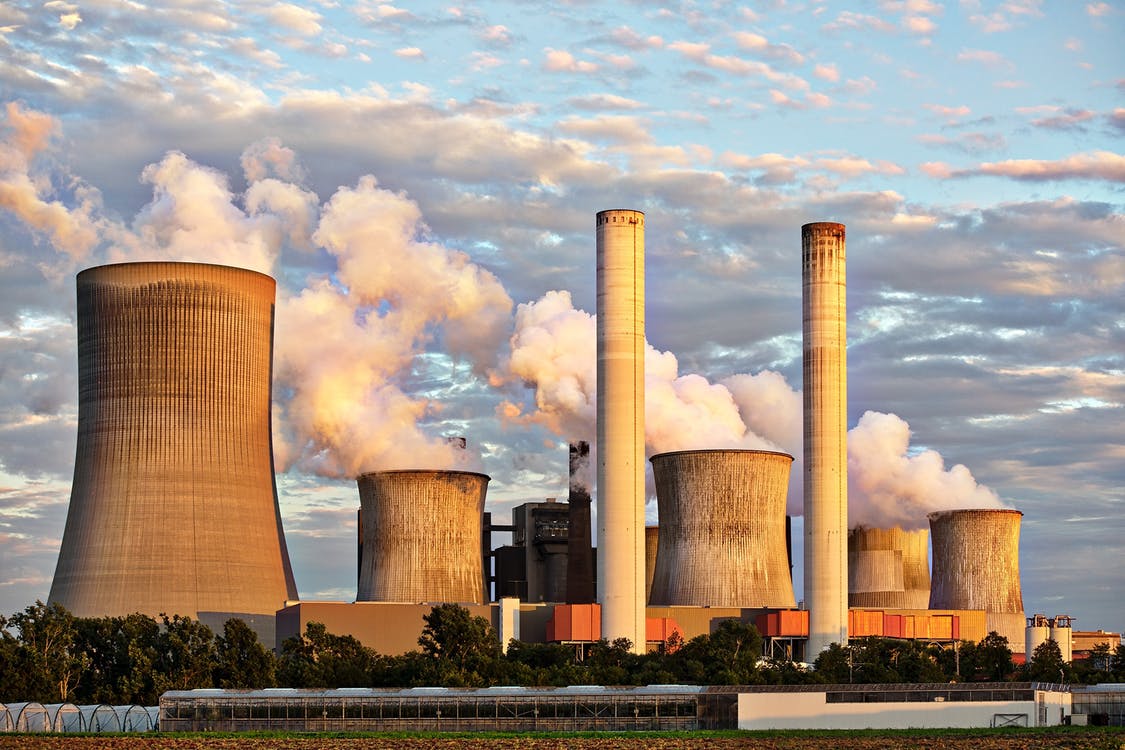Global efforts to tackle climate change are way off track says the UN, as it details the first rise in CO2 emissions in four years.
The emissions gap report says that economic growth is responsible for a rise in 2017 while national efforts to cut carbon have faltered.

To meet the goals of the Paris climate pact, the study says it’s crucial that global emissions peak by 2020.
But the analysis says that this is now not likely even by 2030.
The report comes days before a major UN climate conference starting in Poland from 2-14 December.
What is the emissions gap?
For the last nine years, UN Environment have produced an assessment of the latest scientific studies on current and future emissions of greenhouse gases.
It highlights the difference between the level of greenhouse gas emissions that the world can sustain to keep temperatures within safe limits, with the levels that are likely based on the promises and actions taken by countries.
This year’s report records the largest gap yet between where we are and where we need to be.
Why are emissions rising again?
Between 2014 and 2016, global emissions of CO2 from industry and the production of energy were essentially stable while the global economy grew modestly – but in 2017 these emissions went up by 1.2% pushed along by higher GDP.
While the rise might seem small, it needs to be seen in context of efforts to keep global temperatures from rising by more than 1.5C, as recently outlined in a key IPCC report.
According to the UN, to keep the world below that target, global greenhouse gas emissions in 2030 would have to be 55% lower than today.
“There is still a tremendous gap between words and deeds, between the targets agreed by governments worldwide to stabilise our climate and the measures to achieve these goals,” said Dr Gunnar Luderer, from the Potsdam Institute for Climate Impact Research and one of the authors of the study.
The scientists say that to tackle the gap, nations must raise their ambition five fold to meet the 1.5C goal.
Right now, the world is heading for a temperature rise of 3.2C by the end of this century the report says.
Read more: BBC